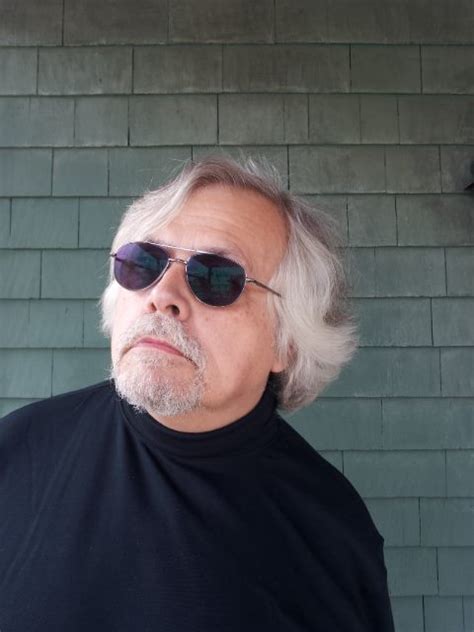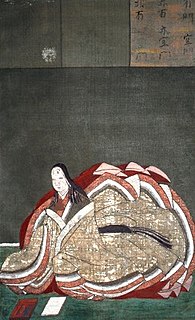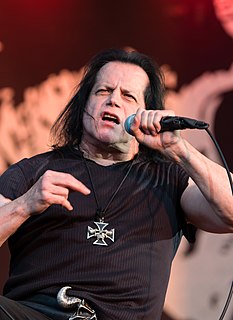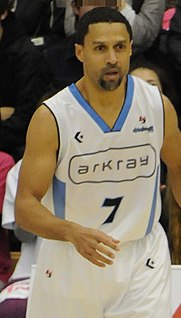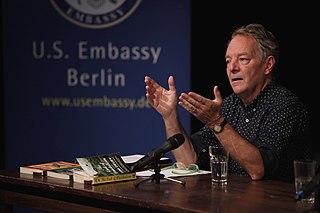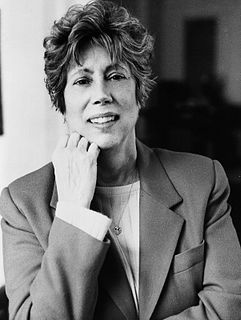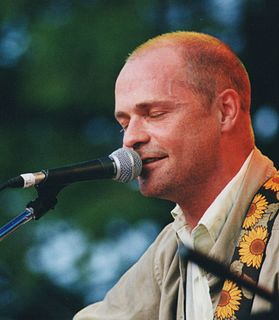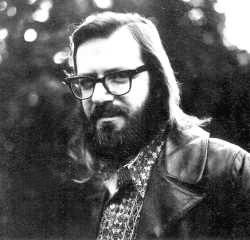Top 39 Carver Quotes & Sayings
Explore popular Carver quotes.
Last updated on April 14, 2025.
I am a cutter, you see. Also a snipper, a slicer, a carver, a jabber. I am a very special case. I have a purpose. My skin, you see, screams. It's covered with words - cook, cupcake, kitty, curls - as if a knife-wielding first-grader learned to write on my flesh. I sometimes, but only sometimes, laugh. Getting out of the bath and seeing, out of the corner of my eye, down the side of a leg: baby-doll. Pulling on a sweater, and in a flash of my wrist: harmful. Why these words?
Much can they praise the trees so straight and high, The sailing pine,the cedar proud and tall, The vine-prop elm, the poplar never dry, The builder oak, sole king of forests all, The aspin good for staves, the cypress funeral, The laurel, meed of mighty conquerors And poets sage, the fir that weepest still, The yew obedient to the bender's will, The birch for shafts, the sallow for the mill, The myrrh sweet-bleeding in the bitter wound, The warlike beech, the ash for nothing ill, The fruitful olive, and the platane round, The carver holm, the maple seldom inward sound.
I'm interested in dismantling the distinction between masculine and feminine writing both because I think it's a false distinction and, I think, ultimately an insulting one. It's as insulting to men as it is to women. I'm not sure what masculine writing would look like - I assume some combination of Ernest Hemingway and Raymond Carver. Writing can't be gendered in that way.
Alex decided he’d had enough. He put down his knife. “All right,” he said. “You’ve made it pretty clear that you don’t want to work with me. Well, that’s fine. Because I don’t want to work with you either. And for what it’s worth, nobody would ever believe you were my mom because no mom would ever behave like you.” “Alex…,” Carver began. “Forget it! I’m going back to London. And if you’re Mr. Byrne asks why, you can tell him I didn’t like the jelly, so I went home to get some jam.
Jeff Carver is a hard sf writer who gets it right-his science and his people are equally convincing. NEPTUNE CROSSING combines his strengths, from a chilling look at alien machine intelligence, to cutting-edge chaos theory, to the pangs of finite humans in the face of the infinite. If you like intriguing ideas delivered in an exciting plot, this is your meat.
The wood-carver can fashion whatever he will. Yet his products are but toys of the moment, to be glanced at in jest, not fashioned according to any precept or law. When times change, the carver too will change his style and make new trifles to hit the fancy of the passing day. But there is another kind of artist, who sets more soberly about his work, striving to give real beauty to the things which men actually use and to give to them the shape which tradition has ordained. This maker of real things must not for a moment be confused with the maker of idle toys.
A parable: A man was examining the construction of a cathedral. He asked a stone mason what he was doing chipping the stones, and the mason replied, "I am making stones." He asked a stone carver what he was doing. "I am carving a gargoyle." And so it went, each person said in detail what they were doing. Finally he came to an old woman who was sweeping the ground. She said. "I am helping build a cathedral." ...Most of the time each person is immersed in the details of one special part of the whole and does not think of how what they are doing relates to the larger picture.
George Washington Carver said: 'No one has the right to come into this world and go out of it without leaving distinct and legitimate reasons for having passed through it.' So if I'm going to be remembered for something, if I have a choice, I'd rather be known for standing up for my principles than shooting a jump shot.
Jane Francklyne, born in 1565, had lived for less than a month. She left very little behind. She was buried in the Ecton churchyard, but her father would hardly have paid a carver to engrave so small a stone. If not for the parish register, there would be no record that this Jane Francklyne had ever lived at all. History is what is written and can be found; what isn't saved is lost, sunken and rotted, eaten by the earth.
That became my aesthetic - a very Chekhovian, American realist aesthetic in the tradition of Raymond Carver, Richard Ford, and Tobias Wolff. The perfectible, realist story that had these somewhat articulate characters, a lot of silence, a lot of obscured suffering, a lot of manliness, a lot of drinking, a lot of divorces. As my writing went on, I shed a lot of those elements.
I am indebted to anyone who has ever written anything. I am indebted to the unknown carver of pictograms on a gallery of stone panels, which I encountered and stood in silence before on top of a distant odd-shaped hill in northern Kenya. For whatever reason the muses have most unexpectedly invited me to join this immense procession. I am humbled and delighted.
When you write, you lay out a line of words. The line of words is a miner's pick, a wood carver's gouge, a surgeon's probe. You wield it, and it digs a path you follow. Soon you find yourself deep in new territory. Is it a dead end, or have you located the real subject? You will know tomorrow, or this time next year.




